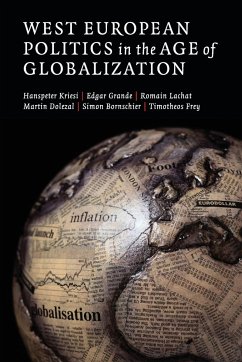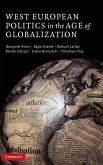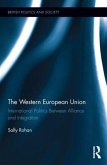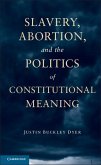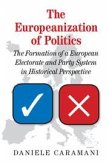Over the past three decades the effects of globalization and denationalization have created a division between 'winners' and 'losers' in Western Europe. This study examines the transformation of party political systems in six countries (Austria, France, Germany, the Netherlands, Switzerland and the UK) using opinion surveys, as well as newly collected data on election campaigns. The authors argue that, as a result of structural transformations and the strategic repositioning of political parties, Europe has observed the emergence of a tripolar configuration of political power, comprising the left, the moderate right, and the new populist right. They suggest that, through an emphasis on cultural issues such as mass immigration and resistance to European integration, the traditional focus of political debate - the economy - has been downplayed or reinterpreted in terms of this new political cleavage. This new analysis of Western European politics will interest all students of European politics and political sociology. Over the past three decades globalisation and denationalisation have created a division between 'winners' and 'losers' in Western Europe. This study examines the resulting transformation of the party systems in six countries and demonstrates how globalisation's losers are becoming increasingly motivated and mobilised by parties of the new populist right.
Hinweis: Dieser Artikel kann nur an eine deutsche Lieferadresse ausgeliefert werden.
Hinweis: Dieser Artikel kann nur an eine deutsche Lieferadresse ausgeliefert werden.
